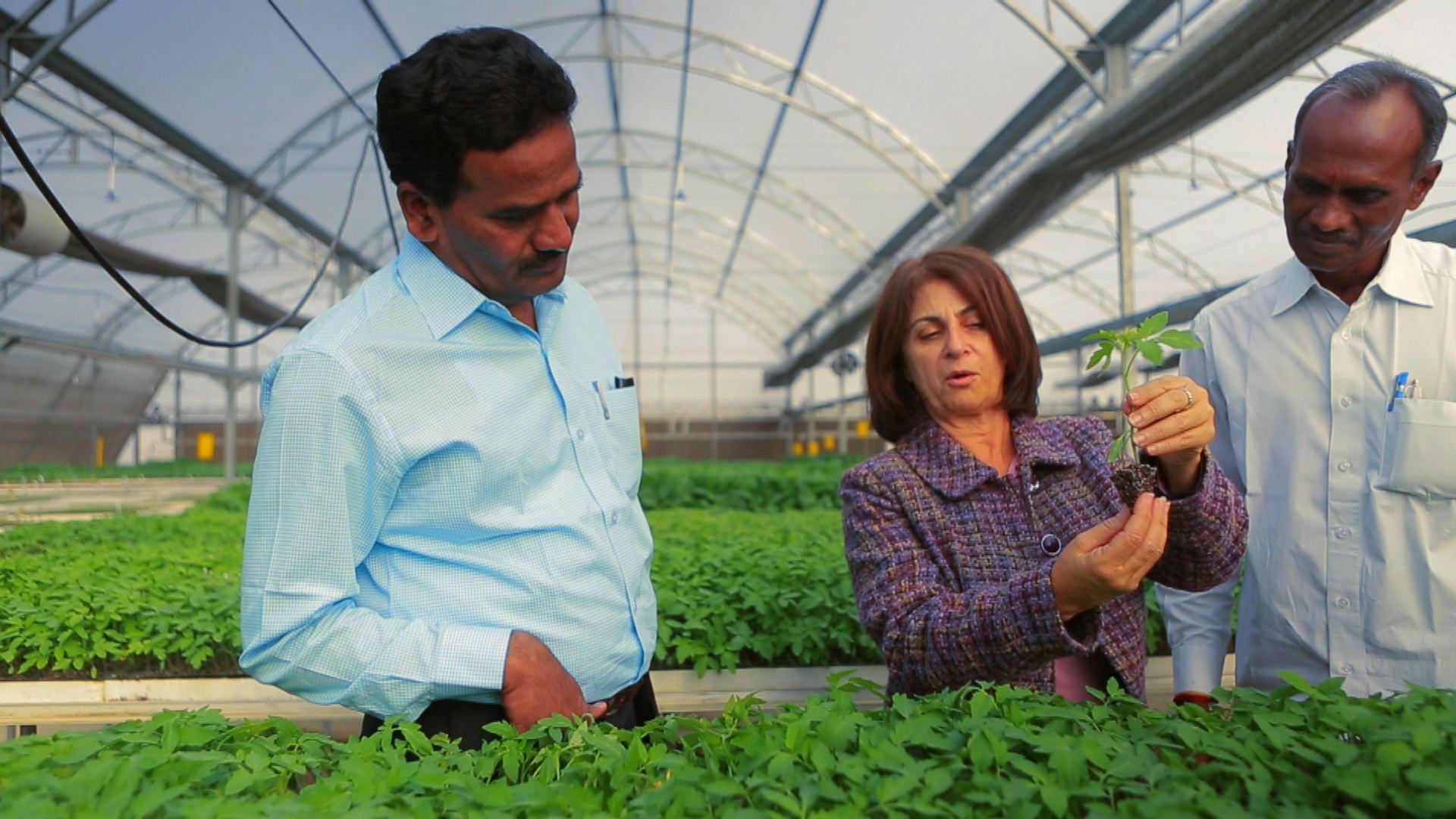Background
India has chosen Israel as a strategic partner (G2G) in the field of agriculture.
This partnership evolved into the Indo-Israel Agricultural Project (IIAP), under the Indo Israel Action Plan, based on a MOU signed by Agricultural ministers of India and Israel in 2006.
The partnership aiming at introducing crop diversity, increasing productivity & increasing water use efficiency.
IIAP is implemented via establishment of Centers of Excellence (CoE), in which Israeli Technologies and know-how are disseminated tailored to local Indian conditions.
Stakeholders
The Federal and state Indian stakeholders lead the partnership by defining the key crops and sanctioning the activity, the Israeli stakeholder, MASHAV, is guiding the standard of the CoE and transferring the knowledge into the IIAP.
Implementation
IIAP has been initiated in 2009 after signing a bilateral agreement between Indian and Israeli ministers of Agriculture (2006). Within the 16 States that has been invited to take part in the IIAP, 22 CoE’s are into the fully active stage. Each IIAP phase lasts for three years (2009-2012; 2012-2015, 2015-2018).
Acknowledging the success of MIDH MASHAV IIAP Program as implemented during the last decade a “three year work program in Agriculture” 2018-2020 was signed between the Ministry of Agriculture and Farmer’s Welfare of the Republic of India & MASHAV- Ministry of Foreign Affairs Israel to increase the value chain demonstrated with the fully operative Indo-Israel Center of Excellence by introducing new components.
Centre of Excellence, The model
Center of Excellence (CoE) is a platform for knowledge transfer and Israeli Agro-Technology. As a goal the CoE aims to serve the farmer with a focus on a key crop. Each CoE will be comprised of Nursery management, Cultivation techniques, Irrigation & fertigation.
Concept
IIAP Pillars-
1. Applied Research- provides solutions to the farmers, addressing gaps via implementation of Israeli technology and know-how tailored to local conditions.
2. Transfer of knowledge- Train the Trainer (TTT) and extension, the linking element between the applied research and the farmers. This function is carried out by the Israeli experts leading defined to segments and the local Indian teams within the CoE.
3. Sustainability- IIAP aims to develop into a self-sufficient platform in the aspect of HR, accumulated knowledge & operating capabilities. The CoE acts as a meeting point and working environment for Academy, Government and farmers to cooperate towards fruitful achievements. CoE sell to farmers the nursery outcome, which acts as a source of income and therefore making sustainable model.